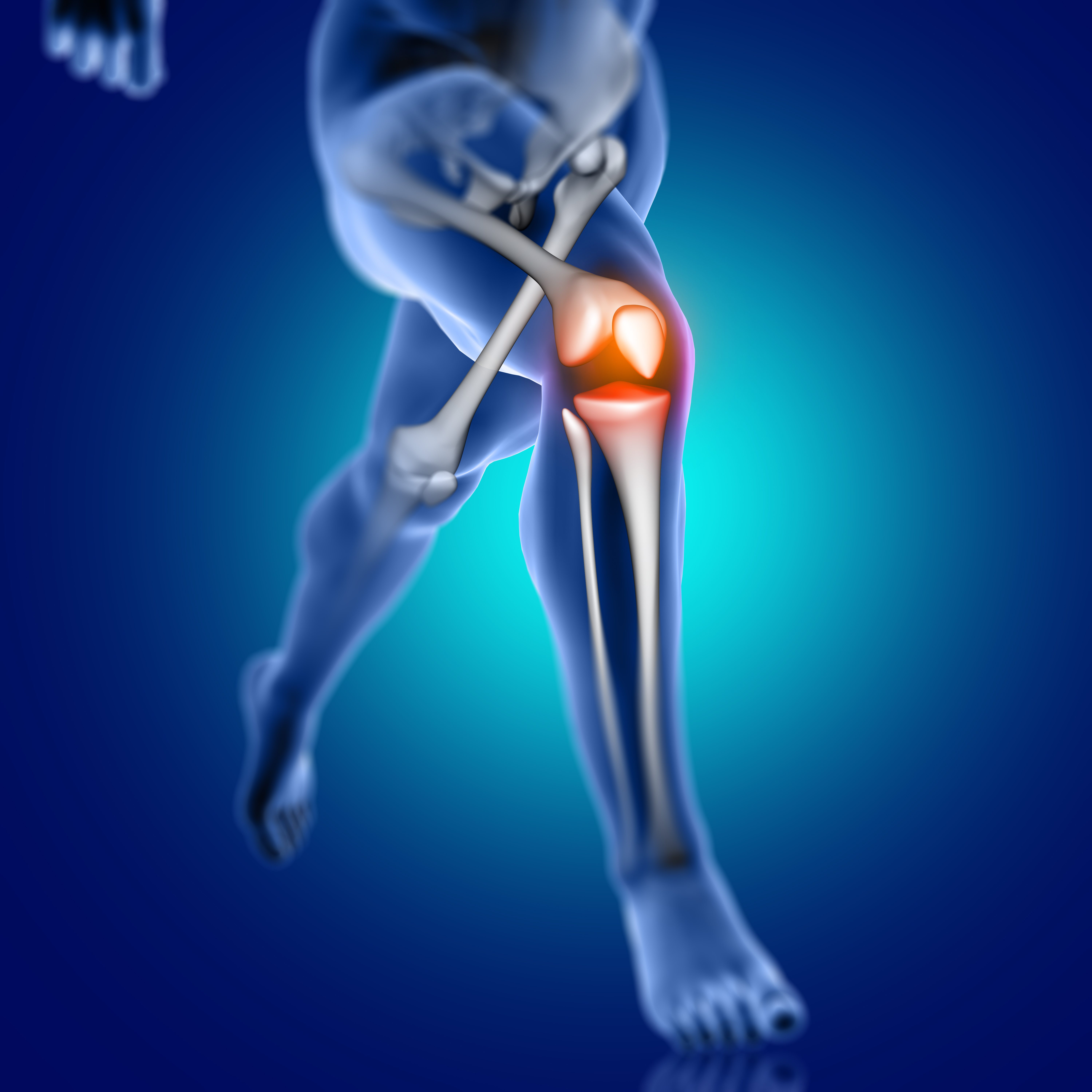
Orthopedic & Joint Replacement
Orthopedic surgery and joint replacement are specialized areas of medicine focused on the diagnosis, treatment, and surgical management of musculoskeletal conditions, particularly those affecting the bones, joints, muscles, ligaments, and tendons. Here's a concise overview of key points regarding orthopedic surgery and joint replacement:
Musculoskeletal Conditions:
- Orthopedic surgeons diagnose and treat a wide range of musculoskeletal conditions, including fractures, arthritis, sports injuries, congenital disorders, spinal deformities, and degenerative joint diseases.
- They use various diagnostic tools, such as physical examinations, imaging studies (X-rays, MRI, CT scans), and laboratory tests, to assess the extent of the injury or condition and develop a treatment plan.
Joint Replacement Surgery:
- Joint replacement surgery, also known as arthroplasty, is a common orthopedic procedure performed to replace damaged or diseased joints with artificial implants.
- The most common joint replacements include hip replacement, knee replacement, shoulder replacement, and elbow replacement.
- These procedures can relieve pain, restore mobility, and improve quality of life for individuals with severe joint damage or arthritis.
orthopedic surgery and joint replacement play a vital role in restoring musculoskeletal health and function for individuals with bone and joint disorders. Orthopedic surgeons utilize advanced surgical techniques and personalized treatment approaches to alleviate pain, improve mobility, and enhance quality of life for their patients.
